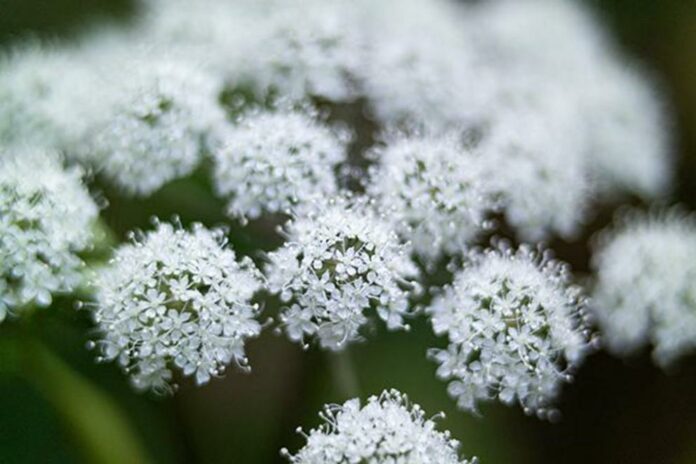Researchers at Kyung Hee University in South Korea investigated the effects of an extract derived from Cnidium officinale (CR), locally known as chungkung, on bone resorption by osteoclasts. The findings of the study were published in the BMC Complementary and Alternative Medicine.
- The dried root stem of CR is used to treat menstrual irregularity, menstrual pain and menopause in South Korea.
- However, the effects of CR on RANKL-induced osteoclastogenesis remains to be elucidated.
- The researchers evaluated the anti-osteoclastogenetic activities of CR’s water extract using RAW 264.7 cells.
- The researchers conducted tartrate-resistant acid phosphatase (TRAP) assay, pit assay, reverse transcription polymerase chain reaction (RT-PCR) and western blot.
- The researchers used ovariectomized (OVX) rats to assess the effects of CR in vivo.
- The researchers found that the CR extract suppressed osteoclastogenesis and the bone resorption activity of osteoclasts by decreasing the expression of relevant genes.
- These included the transcription factor nuclear factor of activated T-cells, cytoplasmic 1 (NFATc1) and the proto-oncogene, c-Fos.
- The CR extract also prevented bone loss in OVX rats.
Based on these findings, the researchers concluded that CR has a positive effect on menopause-related osteoporosis because it can suppress osteoclastogenesis.
For full references please use source link below.

